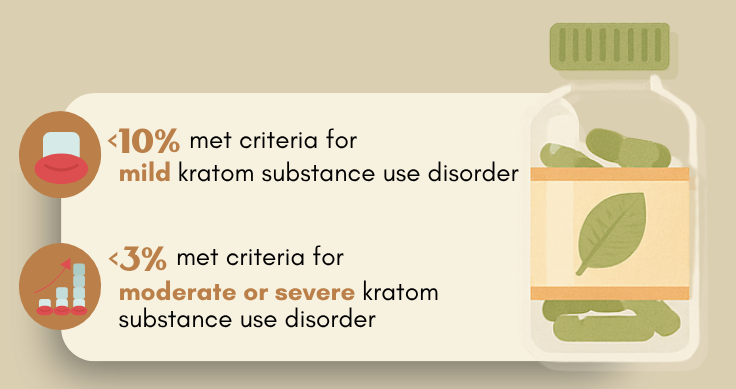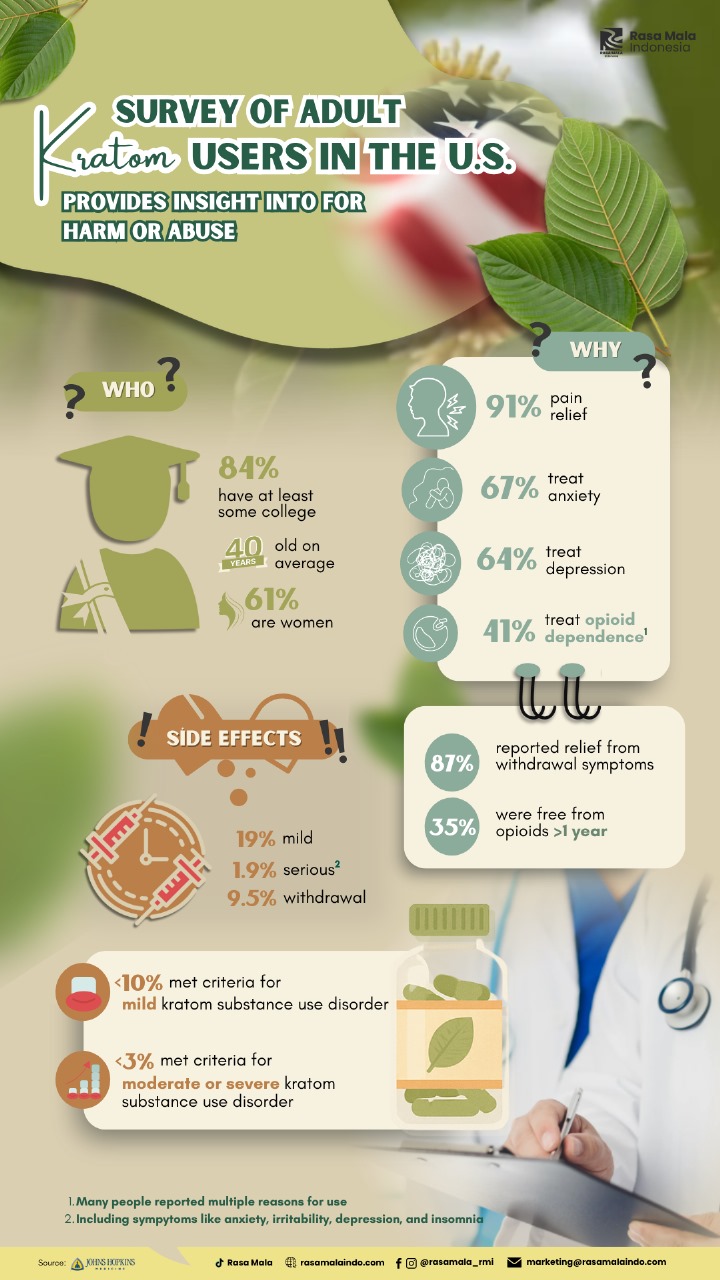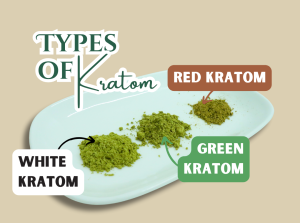How Kratom Users Report Benefits for Stress and Energy: Latest Survey Result

Kratom (Mitragyna speciosa) has long been a topic in the health community as an alternative herbal product. According to data from the American Kratom Association (AKA), as many as 10 to 16 million people in the US consume kratom either directly or infused. While still controversial in the medical world, many users report that the plant helps them cope with challenges such as stress, anxiety, and even daily fatigue. But what does the data say? A large-scale survey conducted by Albert Garcia-Romeu, Ph.D., and his team at Johns Hopkins University provides unique insight into how thousands of people use kratom in their daily lives, not as a medical treatment, but as part of their personal habits.
2,798 respondents filled out an online survey regarding kratom use. The survey results showed that 61% of kratom users were women, 90% of kratom consumers were white, 84% of respondents had a college education or higher, with the average age of users being 40 years old.

91% of respondents reported using kratom to relieve pain, such as back, shoulder, or knee pain, with many also citing psychological and emotional reasons. Approximately 91% of users reported using kratom to relieve physical pain, such as back, shoulder, or knee pain. Additionally, 67% of respondents reported using kratom to reduce anxiety. In comparison, another 65% reported benefits in helping to cope with mild depression that they experience daily. As many as 41% of users reported using kratom as a personal effort to cope with opioid withdrawal symptoms. Of this group, 35% reported that they had not used prescription opioids or heroin for more than a year since starting kratom.
Although kratom has not been officially recognized by the FDA as a safe and effective drug or supplement, many users report positive experiences in helping them cope with everyday stress. However, it is essential to remember that the effects of kratom vary widely between individuals, and excessive use remains risky. Therefore, education, caution, and an evidence-based approach are essential in understanding the role of kratom as part of a lifestyle or natural alternative rather than as a primary medical solution.
References:
- American Kratom Assosiation. (2025). ‘Follow the Science’, Accessed on May 25th, 205, URL: https://www.americankratom.org/science
- Johns Hopkins Medicine. (2020). ‘Natural Herb Kratom May Have Therapeutic Effects And Relatively Low Potential For Abuse Or Harm, According To A User Survey’, Accessed on May 25th, 2025, URL: https://www.hopkinsmedicine.org/news/newsroom/news-releases/2020/02/natural-herb-kratom-may-have-therapeutic-effects-and-relatively-low-potential-for-abuse-or-harm-according-to-a-user-survey
Buy Kratom Product
Please visit our store to purchase products


